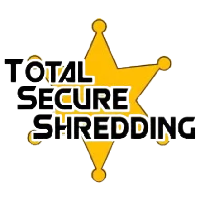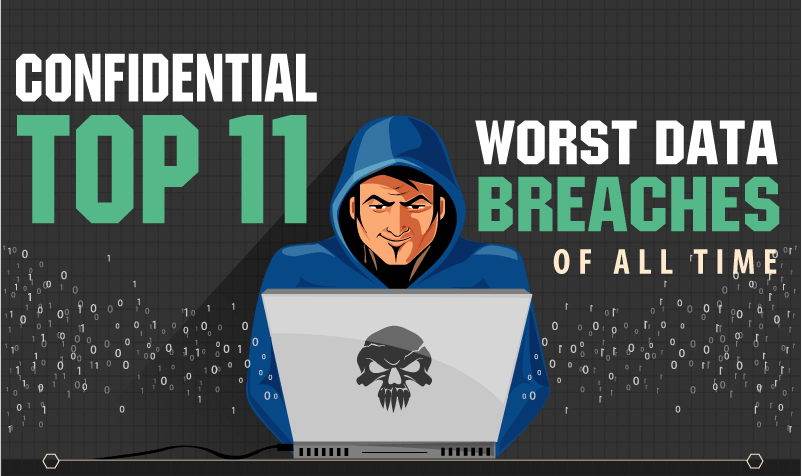Types of Paper Shredders
Which shredder is right for your family or company?
A 2015 episode of the Breaking Bad spin-off Better Call Saul features paper shredding.
Ambulance chasing attorney Jimmy suspects the nursing home where many of his clients live of egregiously overcharging its elderly residents. As he makes these accusations to the facility manager, he notices a secretary in the back shredding documents. That night, he goes to the trash, recovers a huge armload of paper strips and has his gifted brother reassemble them. While this is TV, conceivably, a scenario like this it could be done, particularly since the clueless nursing home used a cheap strip cut shredder. Compared to a pierce and tear cross cut mobile shredding truck, the standard shredding equipment used by shredding companies, reconstructing strip cut shred paper seems like kindergarten work.
Not familiar with paper shredding options like these? If you’re in a sensitive business (medical, legal) or want to keep your identity protected, you should be. The FBI’s number one recommendation for protecting identity is keeping your social security, bank account, credit card and other personal identification numbers protected. Consider the following features when evaluating paper shredding options that protect all this and possibly even your business’s trade secrets and your clients’ privacy and personal information, too!
Paper Shredders by Cut Size and Shape
Shredder manufacturers differentiate paper shredders by the size and type of cut they create.
Strip cut shredders cut paper into long strips, which conceivably can be reassembled by a very patient person as in the example above.
Cross cut shredders cut one sheet diagonally, turn it 90 degrees and cut it again so that the paper becomes 300+ diamond shaped pieces. The smaller the pieces the higher the security level.
Pierce and tear cross cut mobile shredders are the most popular method of shredding among shredding companies. Pierce and tear shredders use counter-rotating shafts and circular blades to peirce and teach each paper, reducing it to small, uneven pieces. Paper recyclers actually prefer paper shredded by pierce and tear cross cut mobile shredders, because the particle size creates less dust and is easier to process.
Personal and small business use shredders tend toward the simpler end of paper shredders: often over-trash-can-models. These models sell for around $100 at the office supply stores. Large corporations, legal and medical businesses as well as government entities must use complex shredders to keep sensitive information safe. These shredders can cost $2,000 or more, but they’re crucial to the smooth functioning of the business. Businesses small and large can often benefit from using a secure shredding company for all of their shredding needs. This 5 minute paper shredding audit will help you decide how a secure shredding company can help you.
Paper Shredding Service
While your business can purchase a paper shredder, security is compromised somewhat when more employees enter into the shredding process. Office shredders can take employee time and require maintenance as well. A shredding service not only provides an independent, auditable Certificate of Destruction, it provides pick up and recycling services, saving you and employees precious time. Often, shredding service professional never even handles the documents. “Chain of custody” is established once your company’s representative signs the material over to the shredding service technician.
Smart Shredding Prevents Identity Theft
Just recently (July 2015), the Federal Trade Commission publicly accused identity theft protection company Life Lock of violating a 2010 settlement by continuing to make deceptive claims about its identity theft protection services, as well as by failing to make changes required to protect user data. Read all about action against LifeLock on the FTC website here.
LifeLock’s commercials pop up on television, radio and Internet regularly. Their 2014 earnings amounted to $129.7 million, an increase of 21% from 2013’s figures. Shouldn’t this “industry leader” in identity theft have this process down? The truth is, if consumers and business owners don’t make an effort to protect their private information and account numbers, there isn’t much a Life Lock or its competitors can do.
Homeowners with small volumes of bank statements or social security statements they want to destroy do well with a shredder at home. Businesses with a larger volume of potentially sensitive information do the best when depending on a shredding service to instantly destroy documents. If you’re interested in having your documents disposed of not only securely but conveniently, contact Total Secure Shredding, a San Diego Woman Owned Business certified by WBENC, today. In business since 2006, we’ve become experts in securely disposing not only of documents, but x-ray slides, hard-drives, CDs, DVDs and more! Check us out on Facebook, too!





